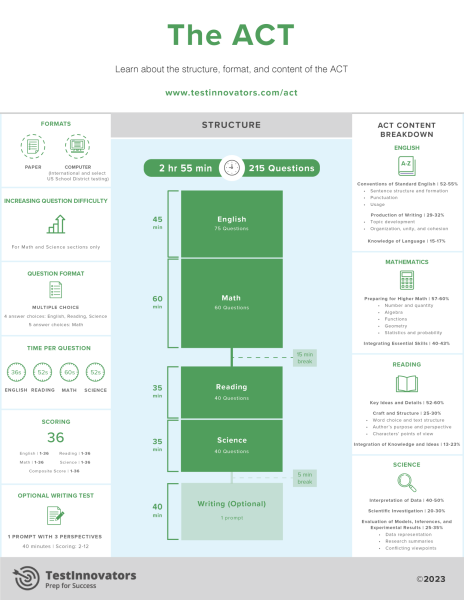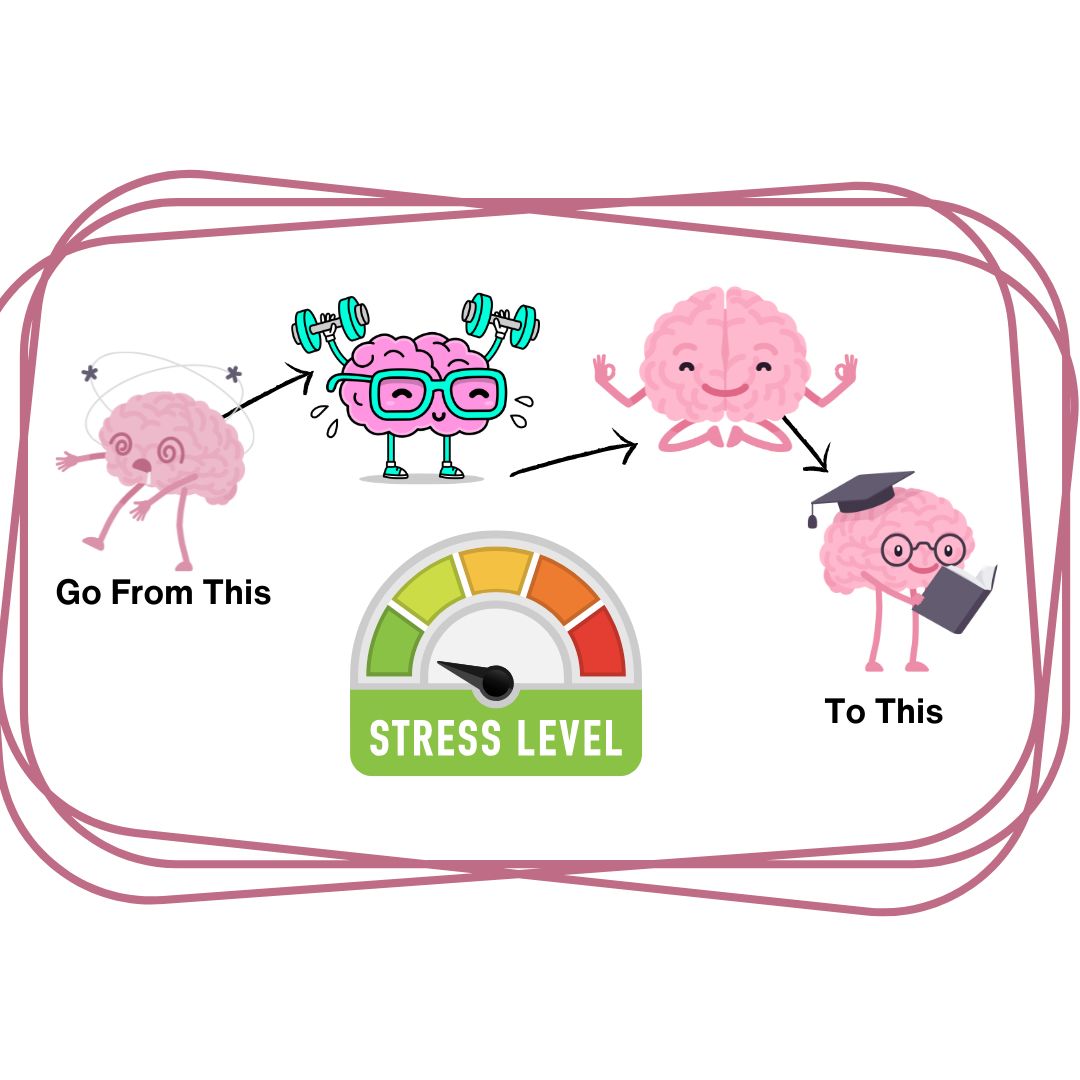- College Admission: Many colleges and universities across the United States use ACT scores as part of their admissions criteria. A higher score can increase your chances of acceptance to your desired institutions.
- Scholarship Opportunities: High ACT scores can also make you eligible for merit-based and institution-specific scholarships. Earning a high score may lead to financial aid that can significantly reduce the cost of your college education.
- Personal Development: Preparing for the ACT involves studying and reviewing academic material, which can enhance your knowledge and skills in core subjects such as English, mathematics, reading, and science. This process can improve your overall academic performance and critical thinking abilities.
- Benchmark for Academic Progress: The ACT provides a benchmark for measuring your academic progress and readiness for college. Reviewing for the test allows you to identify areas of weakness and focus your efforts on improving those areas.
- Career Opportunities: Some employers may consider ACT scores when making hiring decisions, particularly for entry-level positions that require basic academic competencies. A strong ACT score can bolster your resume and demonstrate your readiness for the demands of the workforce.
- Placement in College Courses: ACT scores may also be used by colleges to determine placement in certain courses. Higher scores could exempt you from introductory-level classes, allowing you to advance more quickly in your chosen field of study.
- Comparison with Peers: The ACT provides a standardized measure of academic achievement, allowing you to compare your performance with that of your peers nationally. Reviewing for the test can help you compete more effectively with other college-bound students.
In summary, reviewing for the ACT is essential for maximizing your chances of college admission, accessing scholarship opportunities, improving your academic skills, and positioning yourself for success in both higher education and the workforce.



















